Key Takeaways
Selling a stock right after receiving a dividend depends on your investment goals—long-term investors may benefit more from holding for continued growth and future dividends. However, if the stock no longer aligns with your strategy or shows weakening fundamentals, selling post-dividend could be a strategic move.
Introduction
Ah, dividends—the sweet, sweet reward for owning stock in a company that actually gives you money instead of just a vague sense of optimism. But now that the dividend check has hit your account, you're left with a burning question: Should I sell my stock or keep holding onto it like a financially responsible hoarder? There's no one-size-fits-all answer, but luckily, we’re here to break it down like a boardroom PowerPoint (minus the boredom).
Factors to Consider Before Selling
1. Tax Implications
Welcome to the not-so-fun part of investing—taxes. If you sell your stock right after pocketing the dividend, you might have to deal with capital gains taxes. The government loves taking a cut, and if you’ve held your stock for less than a year, congratulations—you get taxed at a higher rate. If dividends weren’t confusing enough, they’re taxed differently than stock sales, so you’ll need to double-check whether yours are classified as qualified or ordinary. Want to keep Uncle Sam’s hands off more of your money? Holding longer or using tax-advantaged accounts might help.
2. Company Fundamentals
If the company is still crushing it—strong earnings, dividend sustainability, a CEO who actually knows what they’re doing—why sell? On the other hand, if the company is hemorrhaging cash, racking up debt like a shopaholic, or making business moves that scream “bad life choices,” cutting your losses might be the way to go. Do a little research before pulling the trigger—you don’t want to dump a gem or hold onto a sinking ship.
3. Market Conditions
Markets can be predictable... in the way a caffeinated squirrel is predictable. Sometimes stocks take a post-dividend dip, while other times they skyrocket because everyone suddenly decides they love the company. Economic cycles, sector performance, and investor sentiment all play a role here. Selling in a bull market might mean cashing out at peak prices, while selling in a downturn could leave you with a sad, disappointing payout.
4. Dividend Yield vs. Growth Potential
What’s more important to you—steady cash flow or big-time gains? High-yield dividend stocks are basically paying you rent to own them, but they might not skyrocket in value. Growth stocks, meanwhile, laugh at dividends and instead focus on becoming stock market rock stars. If you need consistent income, dividends are great. If you prefer watching your investments double over time, growth stocks might be better.
5. Portfolio Strategy
Time for the adulting part—do your investments actually make sense together? If your portfolio is overloaded with dividend stocks, selling might help balance things out. On the flip side, if you’ve been dumping your dividend payouts into more shares, you’re supercharging your portfolio via compounding. Selling could work if you need liquidity or want to reallocate into something better, but always make sure it’s part of a broader plan.
Scenarios Where Selling Might Be a Good Option
- Stock price surges after the ex-dividend date—sell high, enjoy profits.
- Company fundamentals are crashing and burning—don’t hold onto a bad investment out of nostalgia.
- You need liquidity—life happens, and sometimes you need cash now, not later.
Scenarios Where Holding Might Be Wiser
- Company is thriving—why let go of a winner?
- Dividends can be reinvested for compounding—more money, more shares, more future wealth.
- You want passive income for retirement—who doesn’t love getting paid for doing nothing?
Conclusion
If you’re sitting on a dividend stock, you’ve got options. Selling might make sense if the stock price jumps, if the company’s future is looking bleak, or if you need to rebalance your portfolio. Holding, on the other hand, might be the better move if the company is solid, you’re benefiting from dividend reinvestment, or you just want a reliable income stream without overthinking things. Whatever you do, make sure it aligns with your financial goals—don’t just sell because someone on Reddit told you to.
🚀 Master Dividend Investing – Your Ultimate Guide 💰
Looking to supercharge your portfolio with dividend stocks? 📈 Check out these essential reads:
🏆 Top Dividend Stocks & Strategies
💰 Passive Income & Dividend Power Moves
🔍 How to Pick Winning Dividend Stocks
📊 Dividend Ratios & Metrics
⚡ Dividend Timing & Tax Strategies
🔗 Bookmark this guide & start your dividend wealth journey today! 🚀💸
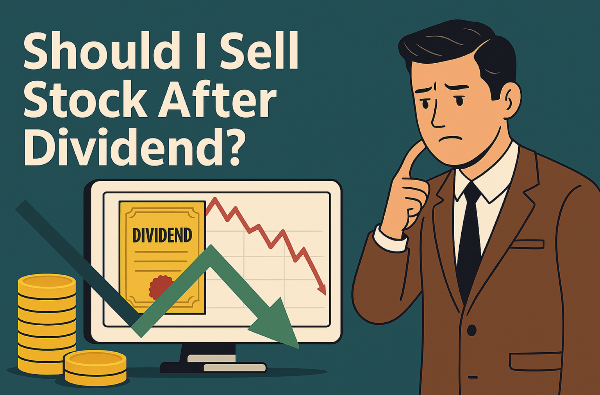


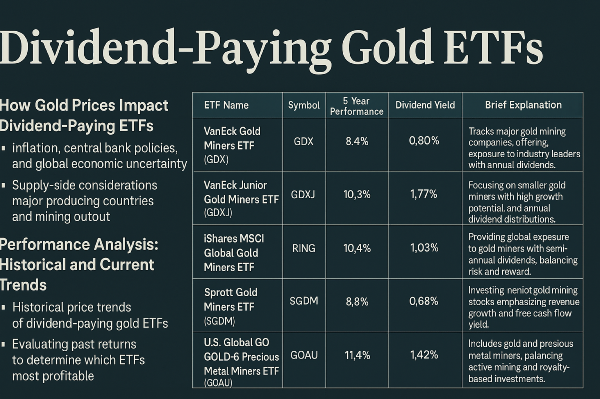


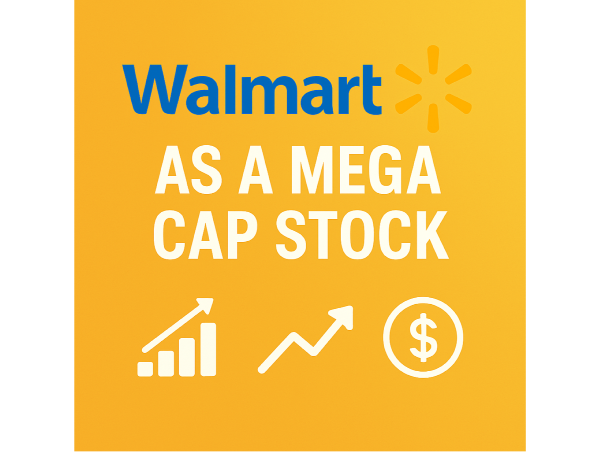
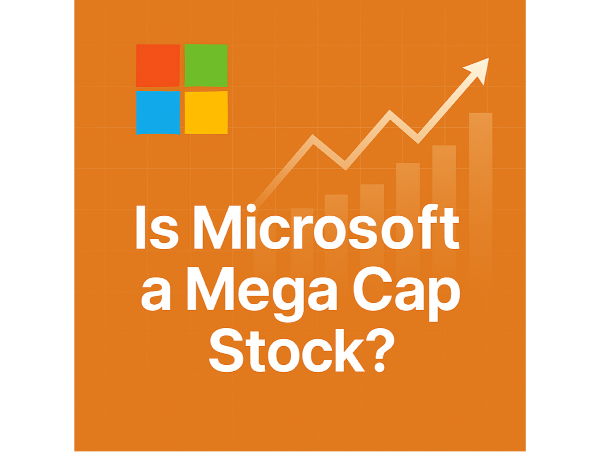










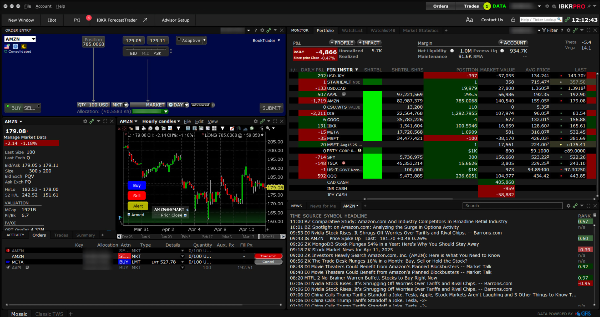


Key Takeaways
Selling a stock right after receiving a dividend depends on your investment goals—long-term investors may benefit more from holding for continued growth and future dividends. However, if the stock no longer aligns with your strategy or shows weakening fundamentals, selling post-dividend could be a strategic move.
Introduction
Ah, dividends—the sweet, sweet reward for owning stock in a company that actually gives you money instead of just a vague sense of optimism. But now that the dividend check has hit your account, you're left with a burning question: Should I sell my stock or keep holding onto it like a financially responsible hoarder? There's no one-size-fits-all answer, but luckily, we’re here to break it down like a boardroom PowerPoint (minus the boredom).
Factors to Consider Before Selling
1. Tax Implications
Welcome to the not-so-fun part of investing—taxes. If you sell your stock right after pocketing the dividend, you might have to deal with capital gains taxes. The government loves taking a cut, and if you’ve held your stock for less than a year, congratulations—you get taxed at a higher rate. If dividends weren’t confusing enough, they’re taxed differently than stock sales, so you’ll need to double-check whether yours are classified as qualified or ordinary. Want to keep Uncle Sam’s hands off more of your money? Holding longer or using tax-advantaged accounts might help.
2. Company Fundamentals
If the company is still crushing it—strong earnings, dividend sustainability, a CEO who actually knows what they’re doing—why sell? On the other hand, if the company is hemorrhaging cash, racking up debt like a shopaholic, or making business moves that scream “bad life choices,” cutting your losses might be the way to go. Do a little research before pulling the trigger—you don’t want to dump a gem or hold onto a sinking ship.
3. Market Conditions
Markets can be predictable... in the way a caffeinated squirrel is predictable. Sometimes stocks take a post-dividend dip, while other times they skyrocket because everyone suddenly decides they love the company. Economic cycles, sector performance, and investor sentiment all play a role here. Selling in a bull market might mean cashing out at peak prices, while selling in a downturn could leave you with a sad, disappointing payout.
4. Dividend Yield vs. Growth Potential
What’s more important to you—steady cash flow or big-time gains? High-yield dividend stocks are basically paying you rent to own them, but they might not skyrocket in value. Growth stocks, meanwhile, laugh at dividends and instead focus on becoming stock market rock stars. If you need consistent income, dividends are great. If you prefer watching your investments double over time, growth stocks might be better.
5. Portfolio Strategy
Time for the adulting part—do your investments actually make sense together? If your portfolio is overloaded with dividend stocks, selling might help balance things out. On the flip side, if you’ve been dumping your dividend payouts into more shares, you’re supercharging your portfolio via compounding. Selling could work if you need liquidity or want to reallocate into something better, but always make sure it’s part of a broader plan.
Scenarios Where Selling Might Be a Good Option
Scenarios Where Holding Might Be Wiser
Conclusion
If you’re sitting on a dividend stock, you’ve got options. Selling might make sense if the stock price jumps, if the company’s future is looking bleak, or if you need to rebalance your portfolio. Holding, on the other hand, might be the better move if the company is solid, you’re benefiting from dividend reinvestment, or you just want a reliable income stream without overthinking things. Whatever you do, make sure it aligns with your financial goals—don’t just sell because someone on Reddit told you to.
🚀 Master Dividend Investing – Your Ultimate Guide 💰
Looking to supercharge your portfolio with dividend stocks? 📈 Check out these essential reads:
🏆 Top Dividend Stocks & Strategies
💰 Passive Income & Dividend Power Moves
🔍 How to Pick Winning Dividend Stocks
📊 Dividend Ratios & Metrics
⚡ Dividend Timing & Tax Strategies
🔗 Bookmark this guide & start your dividend wealth journey today! 🚀💸